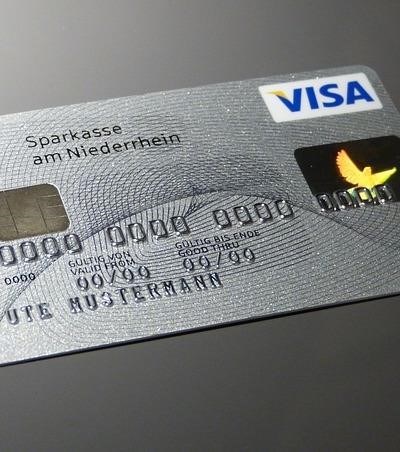Let’s talk about a tricky situation: using credit cards for emergencies. While not ideal, sometimes it’s unavoidable. The key is responsible use, and that starts with a solid foundation.
Building a Safety Net: The Emergency Fund
Before even thinking about using credit for emergencies, prioritize building an emergency fund. Aim for 3-6 months’ worth of living expenses. This acts as your first line of defense against unexpected expenses and financial emergencies. This prevents you from falling into high-interest debt.
When Credit Cards Become Necessary
If an emergency arises and your emergency fund is insufficient, a credit card can be a lifeline. But remember: it’s a short-term solution, not a long-term strategy. Understand your credit limit and your credit utilization (the percentage of your credit limit you’re using). Keeping it low (ideally under 30%) is crucial for a healthy credit score.
Managing Credit Card Debt
Never just pay the minimum payment. This extends the repayment period, costing you significantly more in interest rates (APR). Prioritize paying down high-interest debt first. Develop a debt management plan, perhaps using the debt avalanche or snowball method. Careful budgeting and responsible spending are essential for getting out of debt quickly.
Responsible Credit Use
Responsible credit use means understanding your spending habits and making informed decisions. Track your expenses carefully to avoid overspending. Apply for cards wisely, avoid unnecessary applications that can impact your credit score. Remember, a high credit score can save you money on loans and insurance in the future.
Financial Planning for the Future
Building a robust financial plan is key. Include budgeting, saving for emergencies, and a strategy for managing and reducing debt. Regularly review your finances and adjust your plan as needed. This proactive approach will prevent many future financial anxieties.
Using credit cards for emergencies should be a last resort. Prioritize building an emergency fund and practicing responsible credit card management. With careful planning, you can navigate unexpected financial challenges without crippling debt. Remember, seeking professional financial advice can also be invaluable.


This is an excellent starting point for anyone looking to improve their financial management skills, especially concerning credit cards. The clear explanation of credit utilization and the importance of minimizing high-interest debt is invaluable. The advice on proactive financial planning is particularly insightful and encourages a long-term perspective. A highly recommended read for building a strong financial future.
A well-structured and easily digestible guide to responsible credit card usage. The stepwise approach, moving from emergency fund creation to debt management, is effective. The article successfully avoids overly technical jargon, making it accessible to a broad audience. The inclusion of tips on responsible spending and budgeting further enhances its practical value. Excellent resource for financial literacy.
This article provides a solid, practical foundation for understanding and managing credit card use in emergencies. The emphasis on building an emergency fund first is crucial and often overlooked. The advice on debt management strategies, such as the avalanche and snowball methods, is well-placed and will be helpful to readers. I particularly appreciate the inclusion of information on maintaining a healthy credit score.